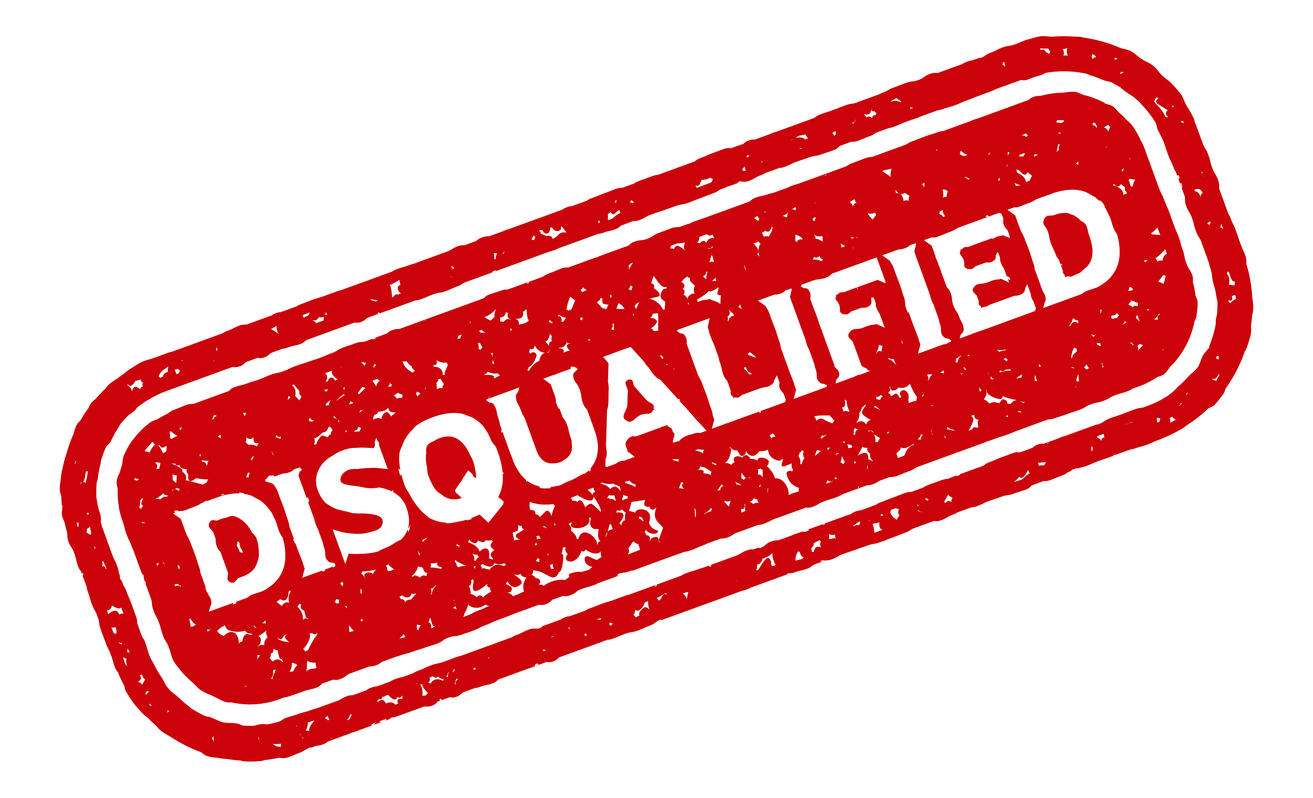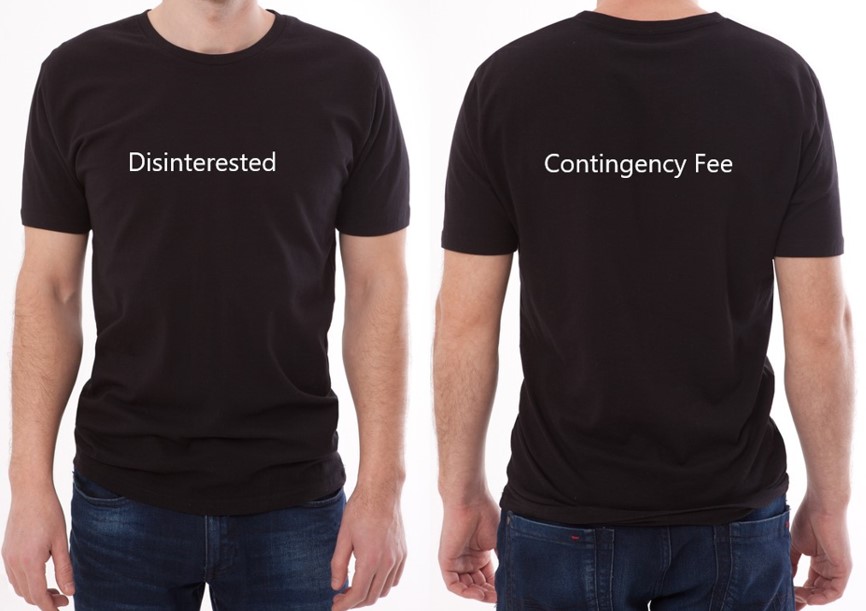The P.L.A.N. Appraisal Certification Course starts today in Denver. One of the topics that will be discussed is the qualifications of appraisers. What disqualifies an appraiser from an appraisal? The rule to remember is that the rules seem to vary depending on the state of the insurance appraisal.
When can an appraiser’s qualifications be challenged? Should it be before the appraisal award or after? That was an issue recently decided in a Louisiana federal case.1 Here are the basic facts recited by the judge:
Allied Trust filed this declaratory action on June 28, 2023, seeking a declaration that (1) the Defendants participate in the appraisal process contained in the insurance policy entered into between the parties and that (2) the Defendants’ chosen appraiser, Nader Anthony Odeh, is disqualified from serving as appraiser for failing to meet the requirements of an impartial and disinterested appraiser. Allied Trust claims that an employee of Odeh, Jessica Campos, is the spouse of the owner and operator of FC Home Renovation, LLC, the same firm that the Defendants obtained an estimate from. Accordingly, Allied Trust contends that Odeh has a conflict of interest because he has a ‘personal and financial interest in the outcome of the appraisal.’ However, Allied Trust further provides that the Defendants have agreed to remove FC Home Renovation, LLC from performing any repair work on the Defendants’ property. Nevertheless, Allied Trust claims that ‘[n]othing would prevent FC Home Renovations, LLC from performing the repair work on a later date.’
I believe I have met the challenged policyholder’s appraiser and know him as Tony Odeh. In a Google search, I found The Nader Anthony Odeh Controversy: What You Need To Know. This Internet piece stated the following, which I was not aware of:
Nader Anthony Odeh operates Boss Public Adjusting. As an experienced professional in handling large commercial and residential claims, he has been recognized as an expert in state and federal courts for handling insurance claims and contracting matters.
In addition to handling property disputes across the country, Nader Odeh has also gained experience in construction law. This experience has given him a firsthand understanding of how insurance companies treat claims and what they expect claimants to submit a successful appeal.
Anthony Odeh is a bulldog who ensures that insurance companies pay out full value on denied or underpaid claims. Insurance companies have tried to hide from Mr. Odeh’s process, but they know they will fully pay what they owe when he is involved.
Defense attorneys representing insurance companies like Mathew D. Monson of The Monson Law Firm LLC are attacking Mr. Odeh’s name online in hopes of deterring people struggling with a claim from collecting comprehensively their insurance money owed by their insurer. It’s crucial to be aware of the rumors and misinformation about the Nader Anthony Odeh controversy, as they have no basis in reality.
I imagine Mathew Monson may have something to say about this article. Monson is a very public, capable, and strong advocate for his clients. All parties have a right to question whether an appraiser is qualified under a particular state’s view of that issue. Can you imagine if policyholders could not challenge a completely biased insurance company appraiser? It seems to me that insurers have that right as well.
Nevertheless, Allied Trust’s Memorandum of Law noted the following, which also pointed to the answer of when Louisiana federal courts may entertain insurance appraiser disqualification hearings:
In Ams. Ins. Co. v. Jarreau, both the insurer and the insured filed competing motions to compel appraisal, the plaintiff filed a motion to dismiss plaintiffs’ claims for attorney fees, and the defendant filed a motion to disqualify the plaintiff’s appraiser. Deciding all four motions, the Honorable Judge Zainey dismissed the plaintiff’s claim for attorney fees, compelled both parties to participate in appraisal, and declined to disqualify the appraiser (Nader Odeh) at that time, stating that the insurer could cross-examine the appraiser later and seek to vacate the appraisal after an award was rendered.
The federal judge similarly declined to entertain the declaratory judgment action and agreed with the policyholder to dismiss the challenge at this time:
Federal courts are courts of limited jurisdiction that can only hear actual cases or controversies. Article III mandates that ‘[f]ederal courts do not possess a roving commission to publicly opine on every legal question.’ At this stage, Allied Trust effectively asks the Court to provide an advisory opinion about potential conflicts of interest and potential issues of partiality and bias which have not yet materialized and are entirely speculative. Standing requires more. Because standing implicates this Court’s subject matter jurisdiction, the Court dismisses Allied Trust’s claims without prejudice for lack of jurisdiction.2
I get asked the following question on a frequent basis—“Chip, the insurance company hired an outcome-oriented and [words I am not going to write in this blog] appraiser. What can we do about it?”
The best answer in Louisiana and many states is to object to the appraiser as soon as one knows of reasons making the appraiser disqualified. For all you know, the other party does not know all the facts making the appraiser unqualified. If the other side refuses to remove the appraiser, seek legal counsel about what else to do and when to do something. The trend in Louisiana seems to be to wait until the conclusion of the appraisal to challenge an appraiser’s qualifications.
Larry Bache, Steve Badger, and yours truly will be presenting at the P.L.A.N. appraisal course, as noted in P.L.A.N. Property Loss Appraiser & Umpire Certification Conference in Denver. If you are not in the audience and have a nagging question about appraisal, never hesitate to call or drop me a line. This blog is full of posts generated from such questions, which cause me to write for everybody.
Thought For The Day
An American has not seen the United States until he has seen Mardi-Gras in New Orleans.
— Mark Twain
1 Allied Trust Ins. Co. v. Cosentino, No. 23-2251, 2024 WL 493301 (E.D. La. Feb. 8, 2024).
2 Id.





